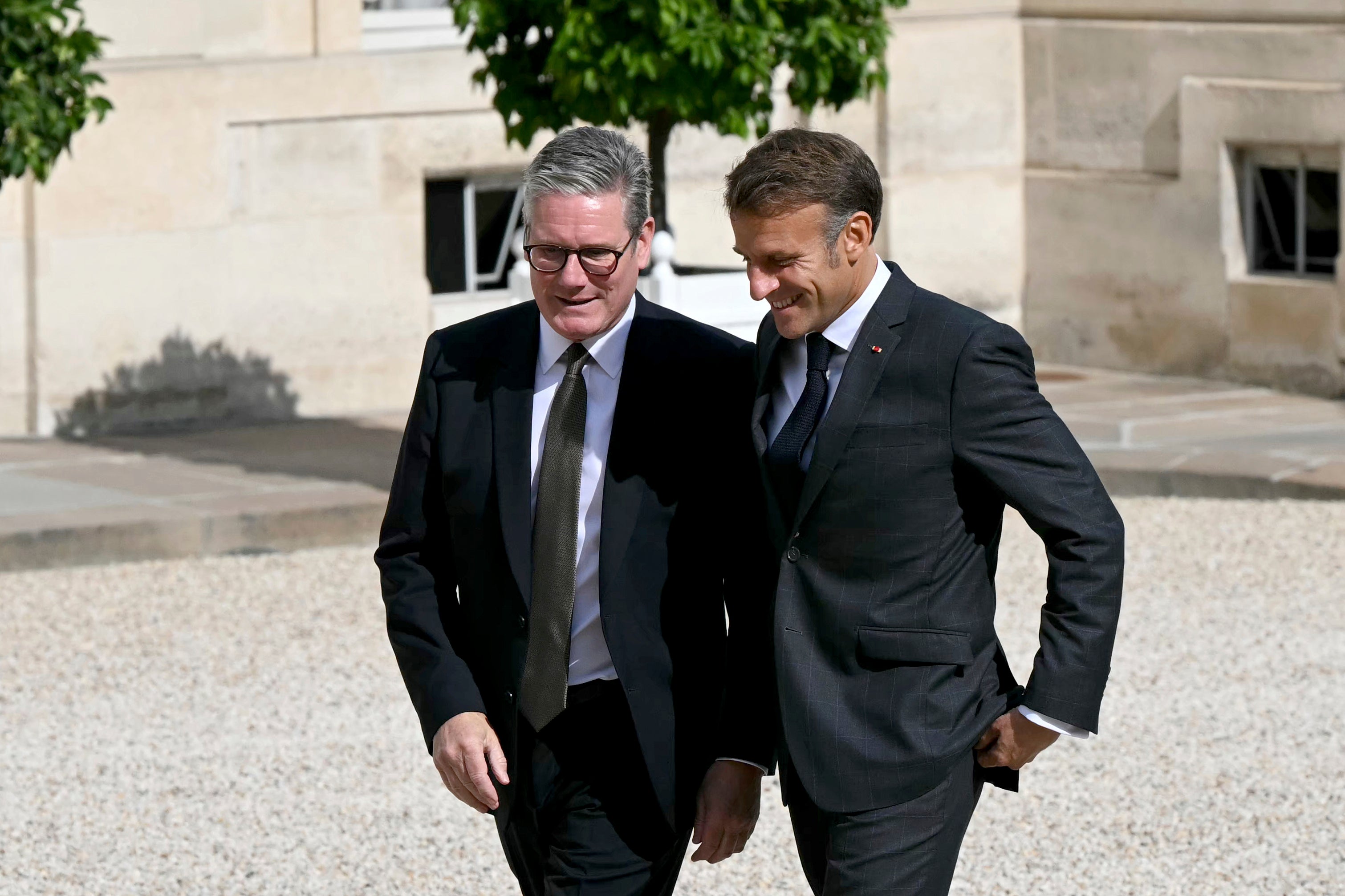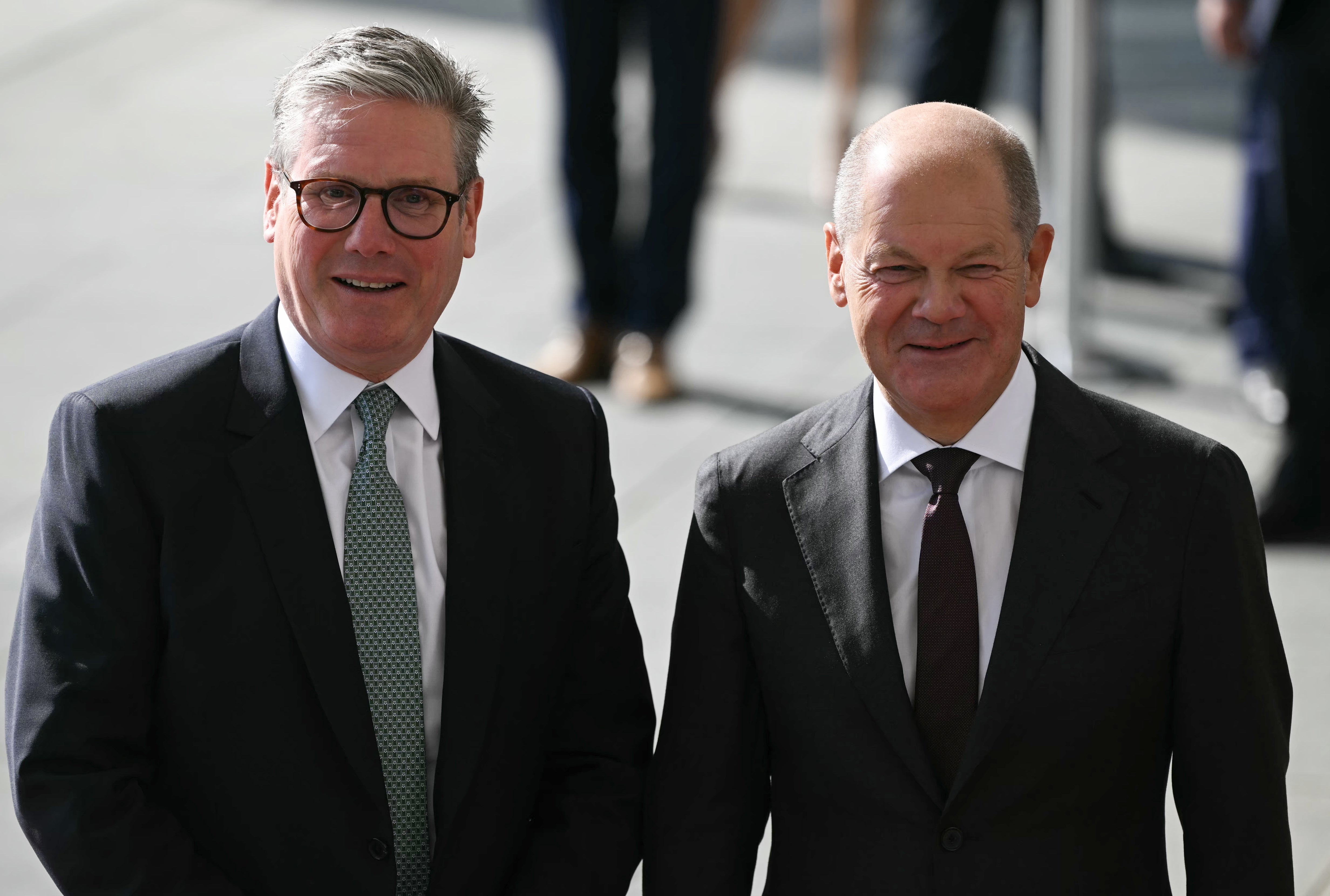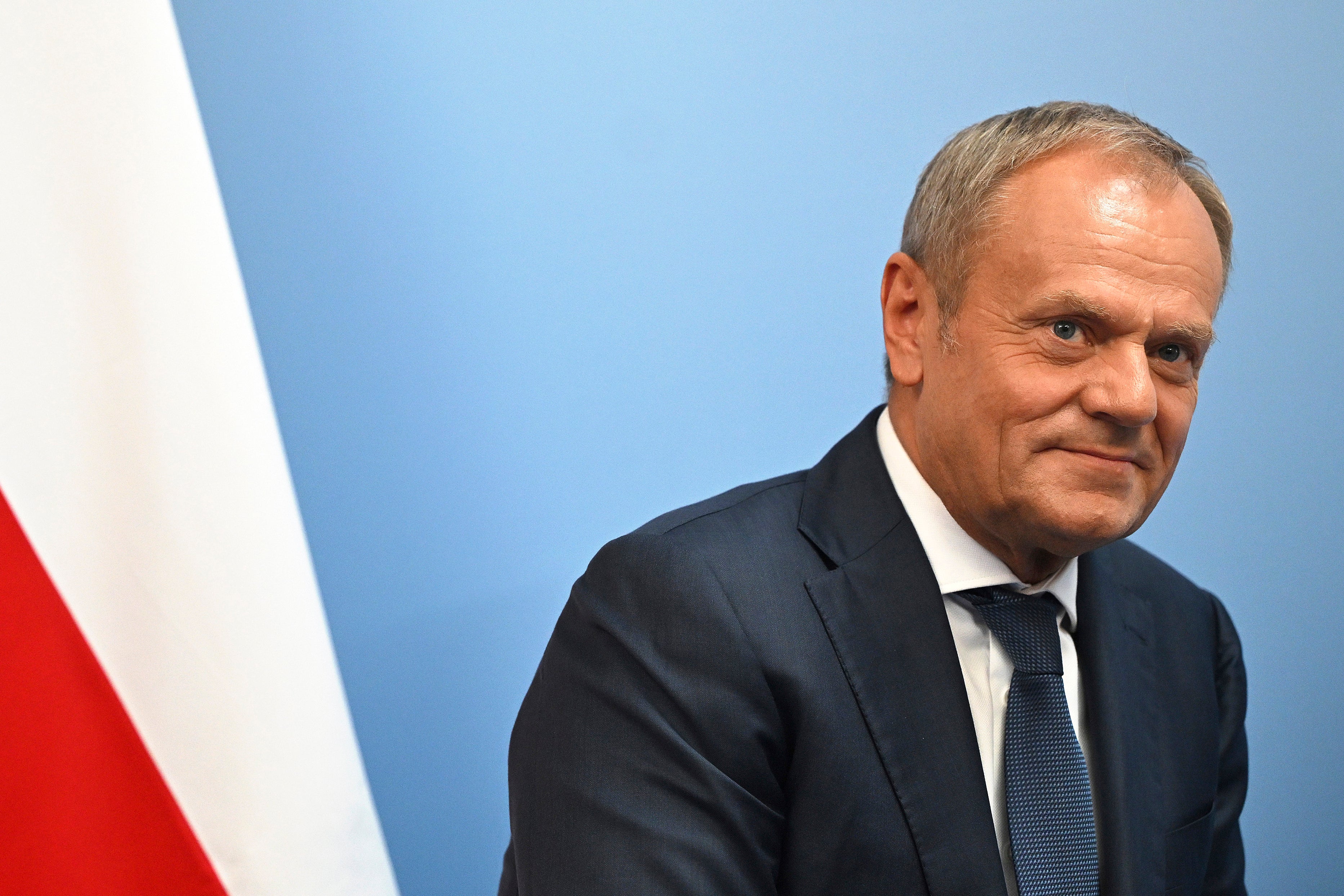Starmer hopes Scholz and Macron can help him soften Brexit – but is his strategy doomed to fail?
Britain’s new prime minister has struck up a close relationship with Paris and Berlin and needs their help to unpick problems caused by Brexit, says David Maddox. But it is a strategy full of risk...
Your support helps us to tell the story
From reproductive rights to climate change to Big Tech, The Independent is on the ground when the story is developing. Whether it's investigating the financials of Elon Musk's pro-Trump PAC or producing our latest documentary, 'The A Word', which shines a light on the American women fighting for reproductive rights, we know how important it is to parse out the facts from the messaging.
At such a critical moment in US history, we need reporters on the ground. Your donation allows us to keep sending journalists to speak to both sides of the story.
The Independent is trusted by Americans across the entire political spectrum. And unlike many other quality news outlets, we choose not to lock Americans out of our reporting and analysis with paywalls. We believe quality journalism should be available to everyone, paid for by those who can afford it.
Your support makes all the difference.Anybody watching Sir Keir Starmer and Emmanuel Macron walking and talking together on Thursday could not fail to be struck by the warmth of the body language between the two. It was an enormous contrast to the way the French president viewed Britain’s past four prime ministers.
Certainly, the UK and France have come a long way from the days when Liz Truss told a Tory leadership hustings that the “jury is out” on whether Macron was a friend or foe of Britain just before entering No 10 – albeit for a mere 49 days.
And we should not be surprised that Starmer and Macron are much closer. They are political allies on the centre-left, both have had to see off the far left and both have a problem with the populist right. Starmer, after all, led the efforts to reverse the Brexit referendum result and is clearly much more pro-EU than any of the last Tory PMs.
But if relations are very good with Macron it is as nothing compared to the brotherly love-in that Starmer is enjoying with German chancellor Olaf Scholz. The two men have already met five times and the UK prime minister has barely been in office for two weeks.

It is clear that Starmer hopes he can use these two key relationships to help reverse the harms and effects of Brexit without officially reversing Brexit itself. And he has good reason to feel optimistic about that strategy – but a lesson he could draw from Lord David Cameron and Theresa May is that Berlin and Paris often provide false hope for defeating the forces of populist nationalism at home.
There is logic to Starmer’s plan. Macron was consistently the one to veto and block more friendly arrangements with the UK when it was on its way out. He is dedicated to the integrity of the European project, arguably more than he is to French national interests, although he almost certainly sees the two as one and the same.
But winning Macron over will go a long way in persuading the EU to lift border restrictions, for trade or travel. Queues at Dover, the new visa waivers and the new digital controls holding up produce are all signs of a nightmare for the UK.

The centrepiece of the Starmer strategy is to turn around a quick bilateral deal with Germany on trade, travel, crime, defence, migration and much more in just six months. Clearly there is a hope that this will provide the blueprint for a replacement to the flawed deal agreed in 2020 by Boris Johnson.
Germany is the banker of the EU, it is the most powerful member state and, in the end, the most influential. Win Germany, and you win Brussels.
The strategy looks pretty sound on the surface, but recent history suggests it is doomed to fail.
It is unlikely that Starmer will be picking up the phone to Cameron on this matter. But if he did he might find out why Berlin is not a path to harmony with the EU. Cameron bet the house on former chancellor Angela Merkel helping him get a new deal with the EU to help him win the 2016 referendum.
She was unwilling – and probably ultimately unable – to help him. As a result, the renegotiation was so poor that it was barely mentioned in the referendum campaign, at least by the Remain side.
The trouble was that, like all of the mainstream political establishment in Germany, Merkel is wedded to the EU, its integrity and success. Britain had already received many concessions and opt-outs and the Commission, which holds the real power as well as most member states, thought enough was enough.
Starmer has disappointed many by insisting he will not reverse Brexit by trying to take the UK back into the EU or even the single market or customs union. By taking this line he risks running into the exact same problems that Theresa May did in what former European Council president (now prime minister of Poland) Donald Tusk suggested was “having your cake and eating it”.

Tusk as leader of a member state is a significant player, and one Starmer has not yet seriously tried to woo. Even if France and Germany agreed to a better deal for the UK, other heads of government have the equal ability to veto it.
May had hoped that Merkel would be the one to sort out the mess but, like Cameron, was disappointed. So why would Scholz be any different?
Merkel at least was relatively unchallenged at home and was undoubtedly the most powerful politician in the EU. Scholz appears to play second fiddle to Macron and may even be behind Tusk now in influence. Added to that he is facing a very heavy defeat in the regional elections later this year and, unless things change, the national ones next year.
Starmer was right to mention his fear of the populist far right on his trip to France and Germany. Scholz is facing the prospect of the right-wing Alternative for Germany making gains while recent elections in France show the nationalist party led by former fascist Marine Le Pen is making enormous gains.
Farage’s success with Reform – in terms of vote share, if not seats – underlines that the same threat exists in Britain.
All this means Scholz may not be around after September 2025 to help Starmer, even if he is inclined to. Macron, who does not face a presidential election until 2027, will nonetheless be dealing with his own anti-EU sentiments at home.
It may be that they can help Starmer get the deal he wants, but if it is to be anything more than tinkering with something that is fundamentally flawed, then Starmer, who has made it clear he is unwilling to compromise even on a youth mobility scheme, may need to make much bigger concessions.
Join our commenting forum
Join thought-provoking conversations, follow other Independent readers and see their replies
Comments